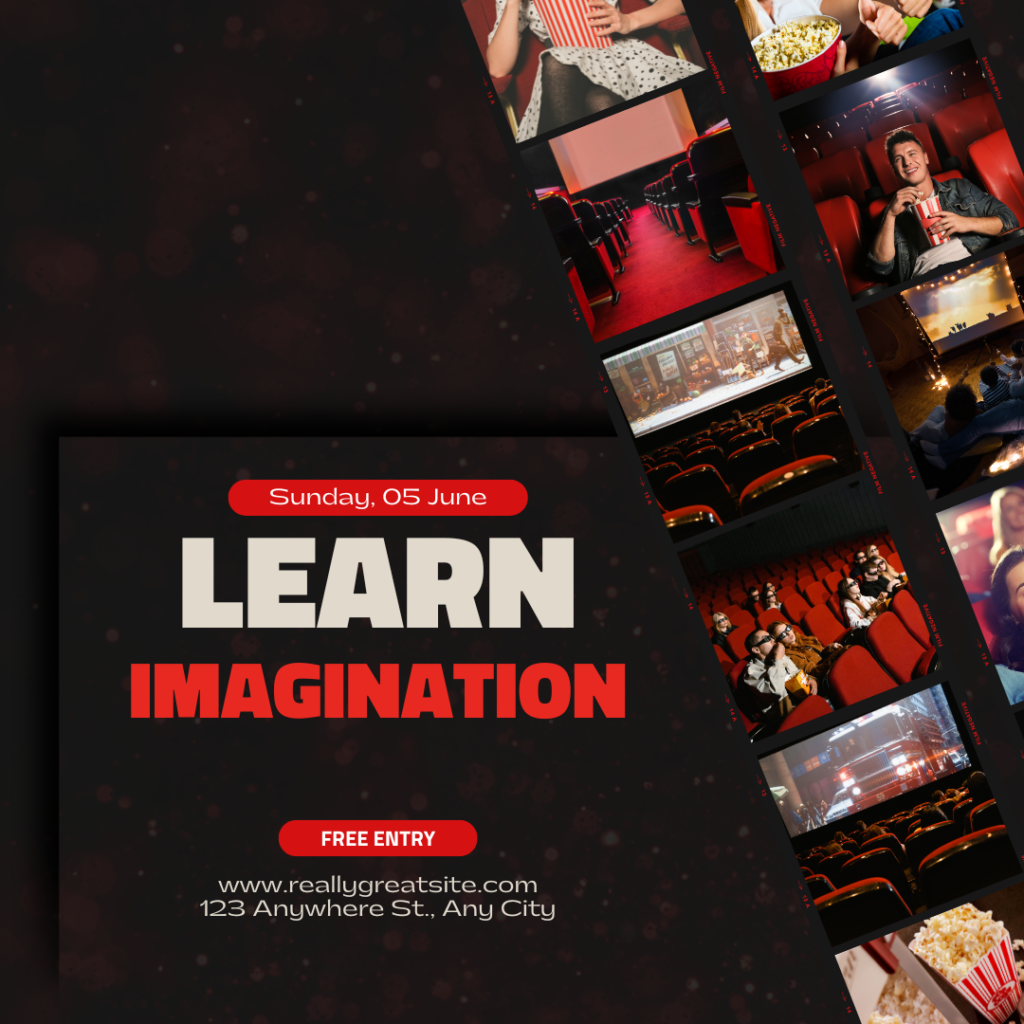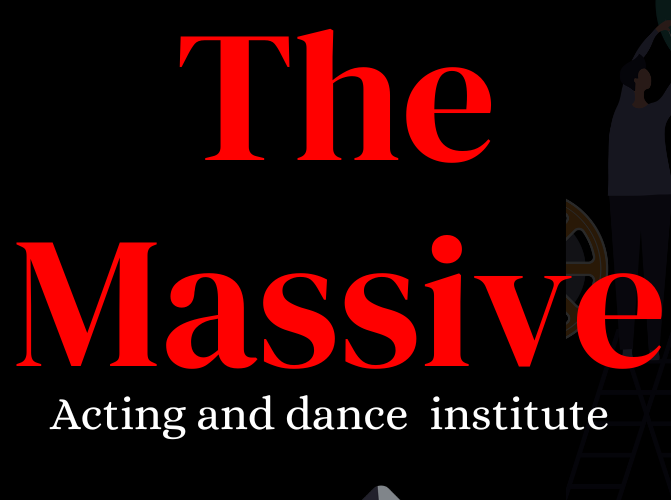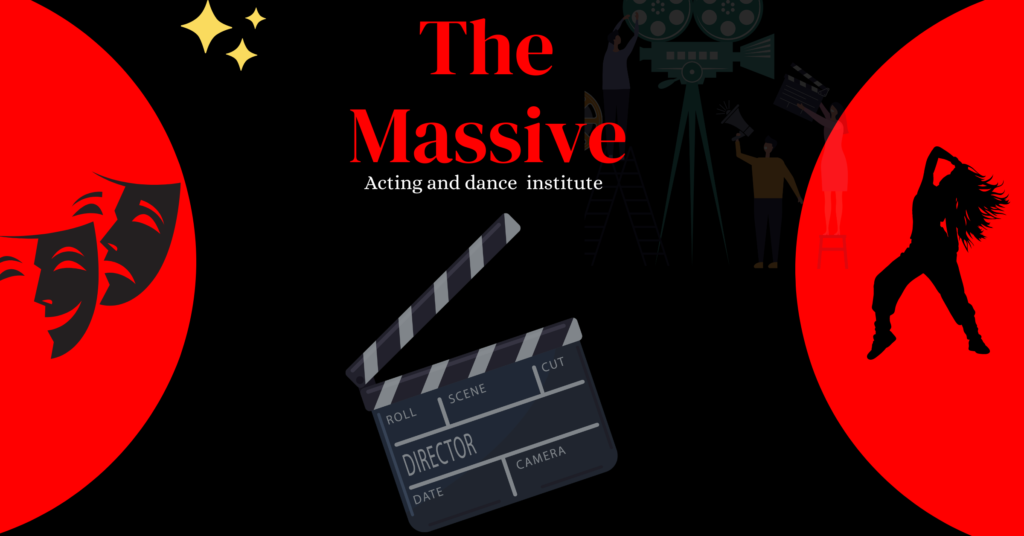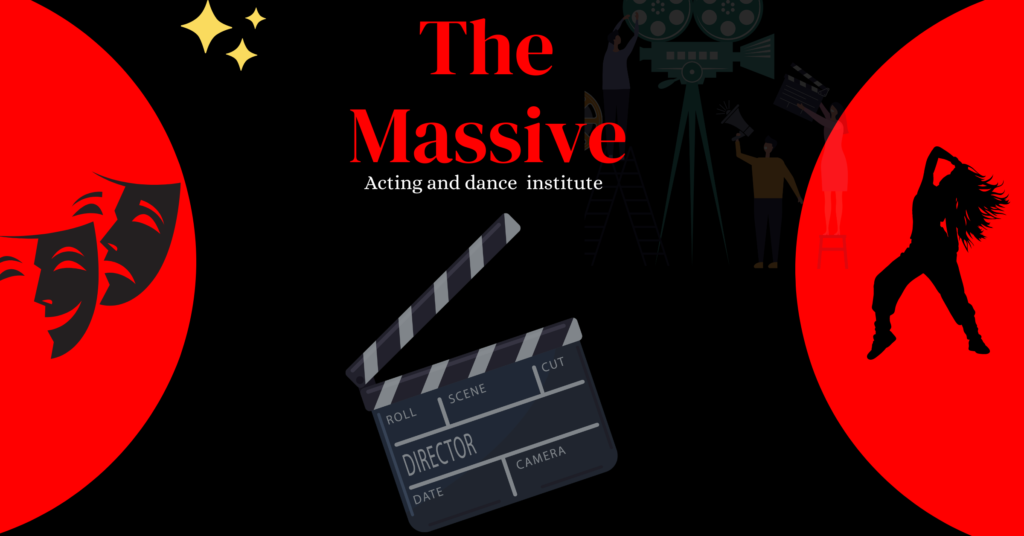
acting skill use in our social life
- Improvisation: Improv exercises challenge actors to think on their feet and respond spontaneously to unexpected situations. Whether through short-form games or long-form scenes, improvisation builds confidence and adaptability.
- Scene Work: Pairing up with a partner to rehearse scenes from plays or films is a staple of acting training. This practice allows actors to delve into character dynamics, explore subtext, and develop their emotional range.
- Monologues: Performing monologues helps actors refine their delivery and emotional expression. Choosing a diverse range of monologues can showcase versatility and provide insight into an actor’s range.
- Movement and Voice Work: Physicality and vocal skills are crucial components of acting. Engaging in movement exercises helps actors become aware of their bodies, while vocal warm-ups enhance projection and articulation.
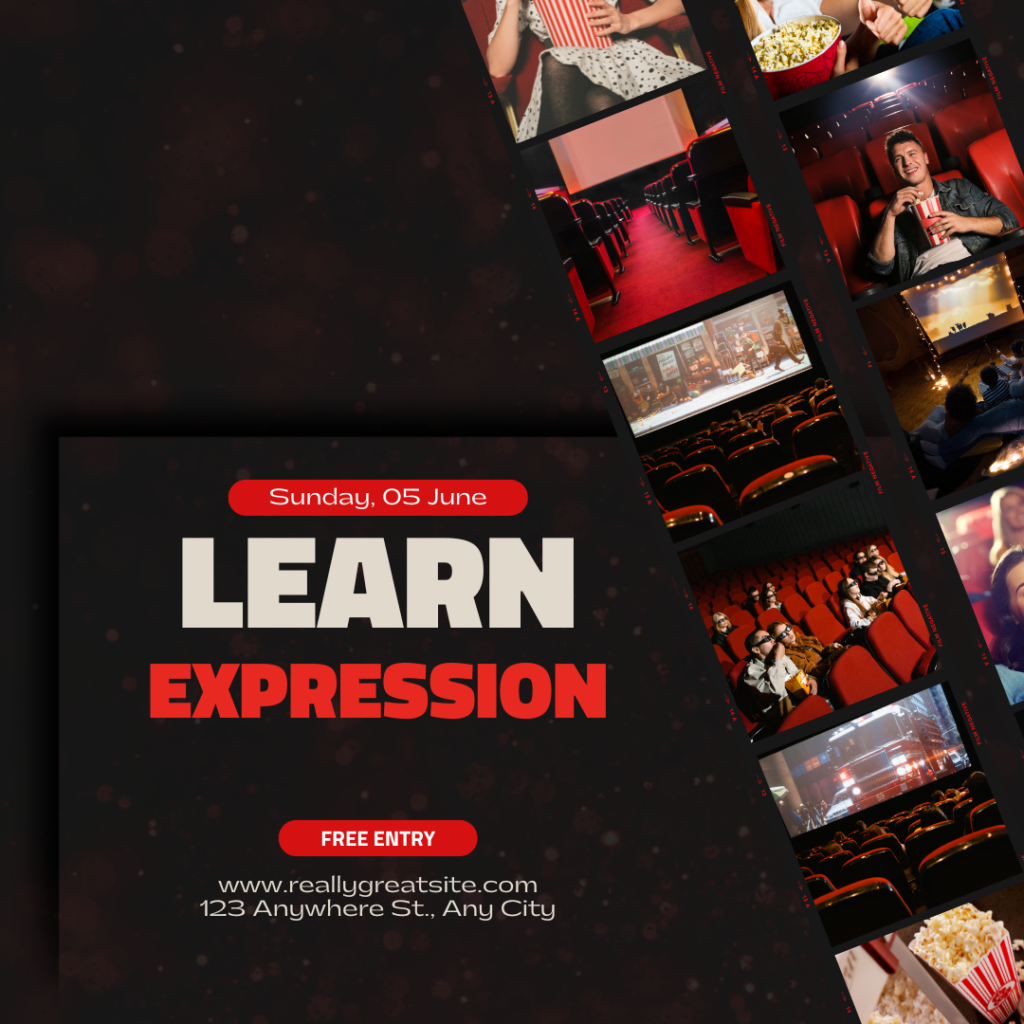
Expression in acting is one of the most vital tools an actor has at their disposal. It encompasses not only facial expressions but also body language, vocal tone, and movement. Here are a few key points about expression in acting:
Imagination is a cornerstone of acting, allowing performers to inhabit different characters and realities. Here are some key points about the role of imagination in acting:
